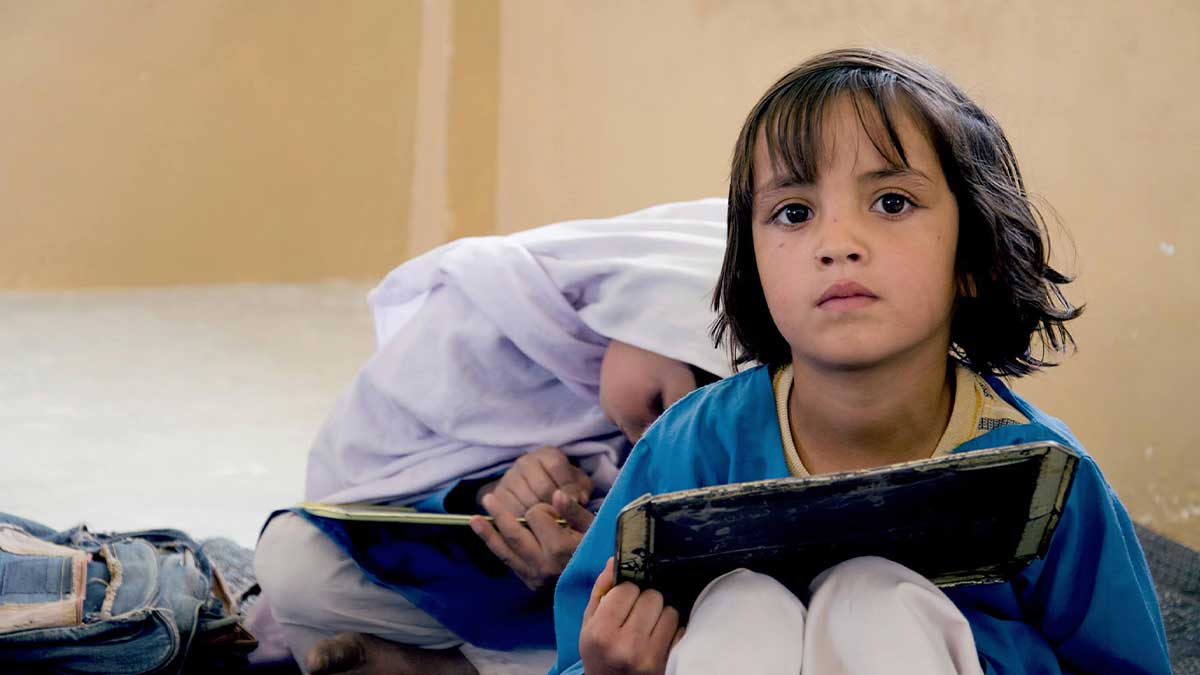Pakistan and other South Asian countries are suffering as their schools have been closed due to Covid-19 but they lack online devices and connections for remote learning, Unicef says.
According to the United Nations Children’s Fund (Unicef), revealed on Thursday in a report based on research in Pakistan, India, Maldives and Sri Lanka, remote learning is setting back millions of children in Pakistan, other South Asian countries. The repeated school closures since 2020, had affected 434 million children in South Asia and a substantial proportion of them were learning considerably less compared with pre-pandemic levels.
Read more: Out of 205, 40 universities equipped to teach online: HEC
- Around 23 percent of younger children did not have access to any device for remote learning in Pakistan.
- In India, 42 percent of children between the ages of 6 and 13 reported no remote learning during school closures.
- Around 80 percent of children in India, aged 14-18, reported lower levels of learning than when physically at school.
- In Sri Lanka, 69 percent of parents of primary school children said that their children were learning less or a lot less.
“School closures in South Asia have forced hundreds of millions of children and their teachers to transition to remote learning in a region with low connectivity and device affordability,” said George Laryea-Adjei, Unicef’s regional director for South Asia.
“Even when a family has access to technology, children are not always able to access it. As a result, children have suffered enormous setbacks in their learning journey.”
The report also said, even before the pandemic, almost 60 percent of children in the densely populated region were unable to read and understand a simple text by the age of 10. “The safe reopening of schools must be considered an utmost priority for all governments,” said George Laryea-Adjei.





















